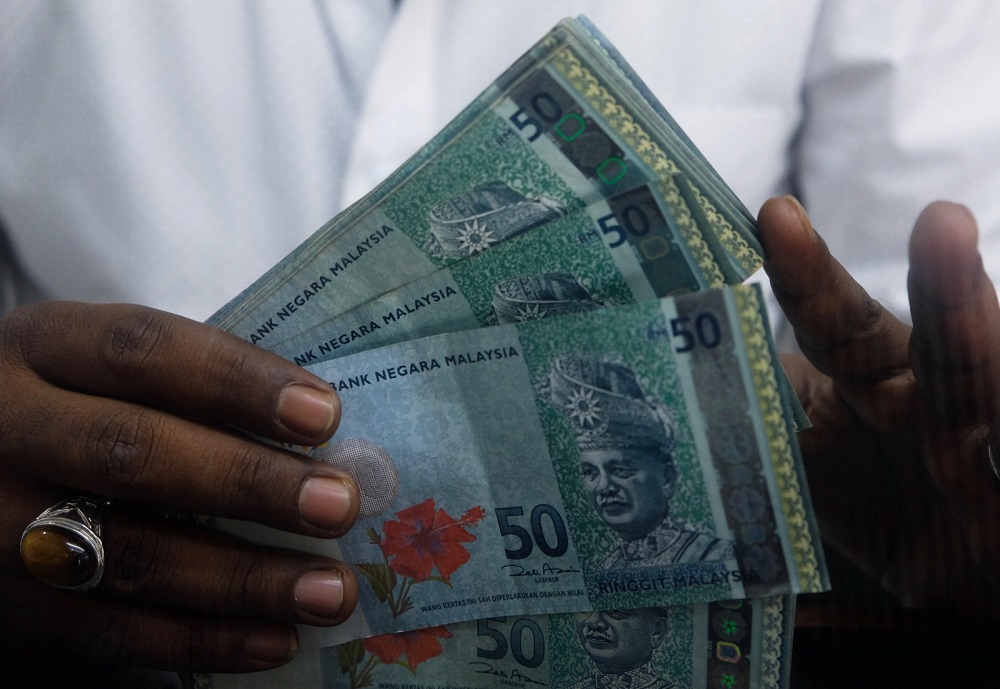
Subscribe to our Telegram channel for the latest updates on news you need to know.
KUALA LUMPUR, April 4 — The assistance provided through the Prihatin Special Grant or Geran Khas Prihatin (GKP) showcases the government’s concern towards micro small and medium enterprises (MSMEs) that are the bedrock of the country’s economy.
GKP, which is aimed at helping MSMEs that are affected by Covid-19 pandemic, was introduced during the first round of the movement control order (MCO) last year; and to date, the grants have helped 900,000 MSMEs with a total allocation of RM3.58 billion.
The aid is expected to alleviate the financial burden among the small businesses, especially in areas relating to working capital such as restocking of the inventory, purchasing raw materials and boosting cash reserves.
The one-off financial assistance started with GKP 1.0 under the Prihatin Rakyat Economic Stimulus Package (Prihatin), followed by GKP 2.0, GKP Plus under Malaysian Economic and Rakyat’s Protection Assistance Package (Permai) and GKP 3.0 under the Strategic Programme to Empower the People and Economy (Pemerkasa).
Eligible MSMEs received a one-off payment of RM3,000 each under GKP 1.0 and GKP 2.0.
For GKP Plus, all GKP 1.0 and GKP 2.0 recipients in 12 states under the MCO that was enforced in January and February this year will obtain RM1,000 while MSMEs in states that were not under the MCO will receive RM500.
Meanwhile, MSMEs that have not received assistance previously will get RM1,000 under GKP 3.0.
Stop-gap measure
Sunway University economics professor Yeah Kim Leng said the nominal assistance is a sign that the government is steadfast in continuously supporting MSMEs during the recovery phase in 2021, following the various financial aids provided under the previous Covid-19 packages last year.
The assistance is much-needed stop-gap measure as a full recovery for MSMEs as well as small and medium enterprises (SMEs) would only happen when both the domestic and global economies fully recover, he said.
Mohammad Tawfik Yaakub, senior lecturer at the University of Malaya’s Faculty of Economics and Administration, said although the GKP assistance is viewed as small, the continuous extension of assistance is making an impact on the country’s chain of recovery, albeit gradually.
“I am certain the GKP assistance really helps MSMEs and prevents their debts from mounting as they seek additional capital.
“All sectors face a debt issue and if the government had not given the aid, the SMEs would have been caught up further in the economic crisis that is affecting not only the country but the whole world,” he said.
Therefore, he added, the government should continue to assist and empower SMEs in a more aggressive way over the long term.
National Entrepreneur Foundation chairman Datuk Seri Megat D. Shahriman Zaharudin said it would be better if this one-off assistance could be given continuously until the Covid-19 pandemic is over or at least for another one year.
“Perhaps the government can assist in 40 per cent of the operational cost to ensure MSMEs, whether in the urban or rural areas, will be able to sustain their respective business,” he added.
Change is constant
Bank Islam Malaysia Bhd chief economist Mohd Afzanizam Abdul Rashid said although the assistance given by the government is timely, it is a short-term relief.
“The business landscape keeps changing rapidly with or without Covid-19. So businesses need to be open to new solutions and be able to understand the needs and wants of their customers in order to succeed in the long run,” he said.
Hence, businesses need to think of their business strategy and how they can sustain their current business model.
“If there is a gap, especially in skill set and knowledge, attending the relevant course is the most sensible thing to do,” he said. — Bernama
Source: Malay Mail

No comments:
Post a Comment